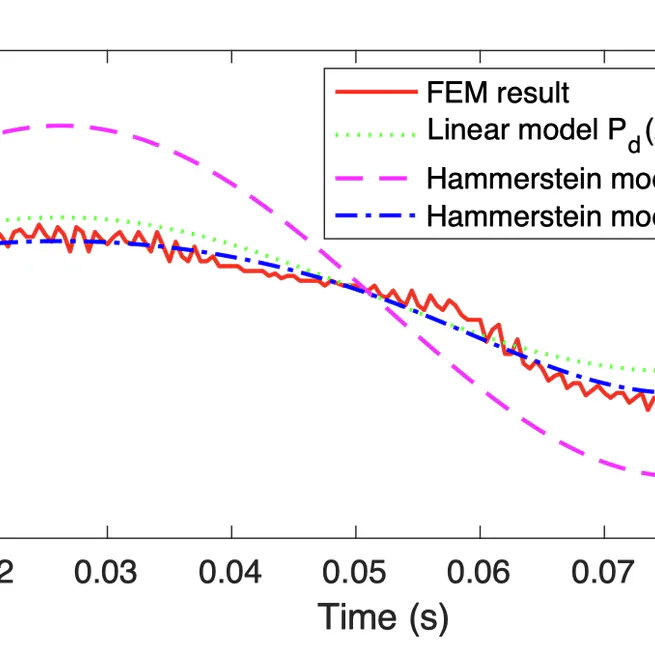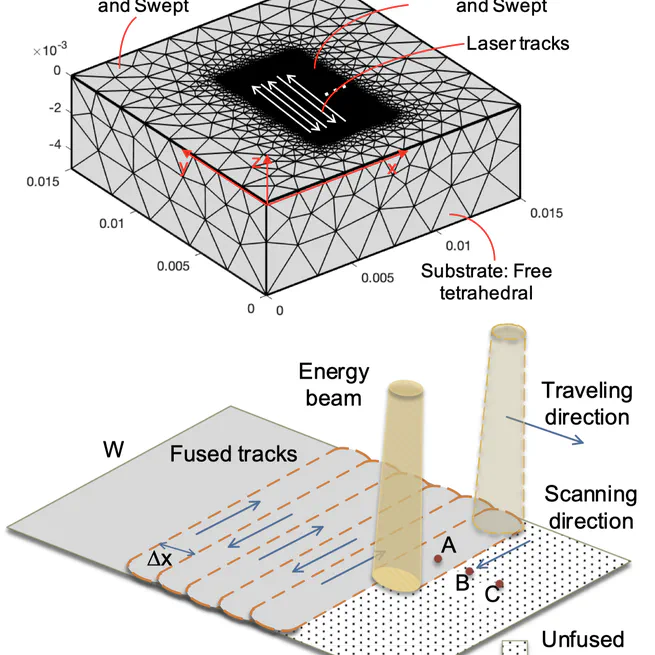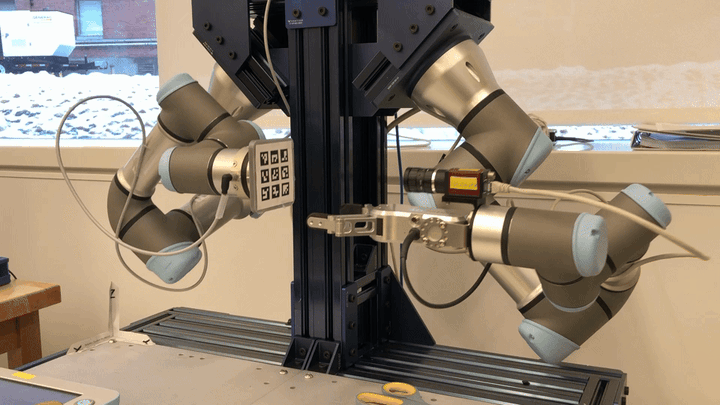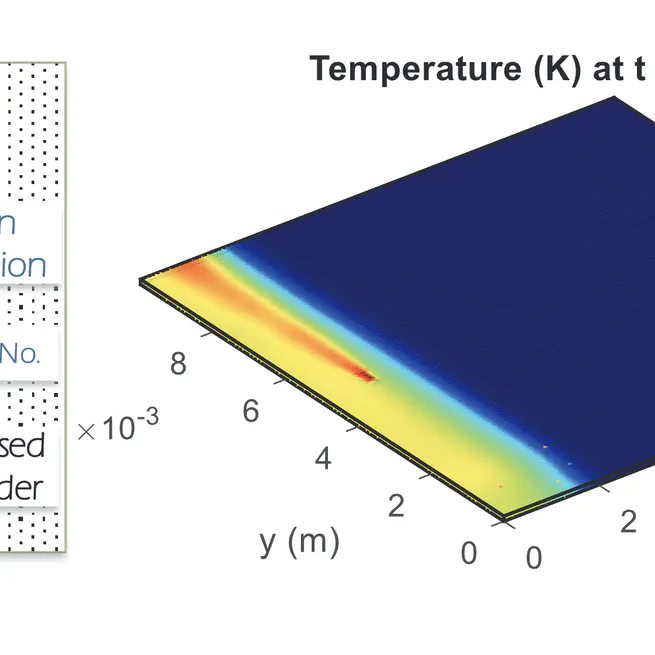Nov 1, 2020

Oct 1, 2020
Oct 1, 2020

Jul 1, 2020

Jan 1, 2020

My student Hui Xiao received this Best Student Paper on Robotics award on October 11, 2019, from the ASME Dynamic Systems and Control Division. Our paper, titled “Following fast-dynamic targets with only slow and delayed visual feedback - a Kalman filter and model-based prediction approach,” addresses key challenges in real-time vision-based robotic applications.
Oct 11, 2019
Jan 1, 2019

Dan Wang and I received the Best Paper Award on July 19, 2018, at the Japan Institute of Systems, Control, and Information Engineers (ISCIE) / ASME International Symposium on Flexible Automation. Our paper, titled “Synthesis and analysis of multirate repetitive control for fractional-order periodic disturbance rejection in powder bed fusion,” represents a significant step forward in advancing additive manufacturing control techniques.
Jul 19, 2018
Jul 1, 2018
Jun 1, 2018